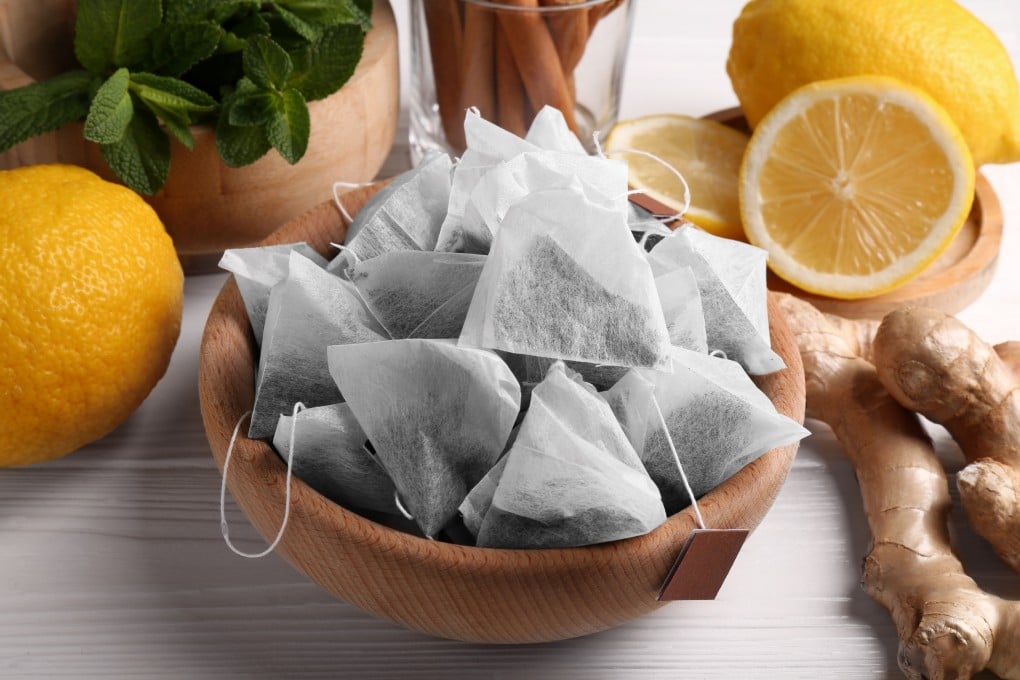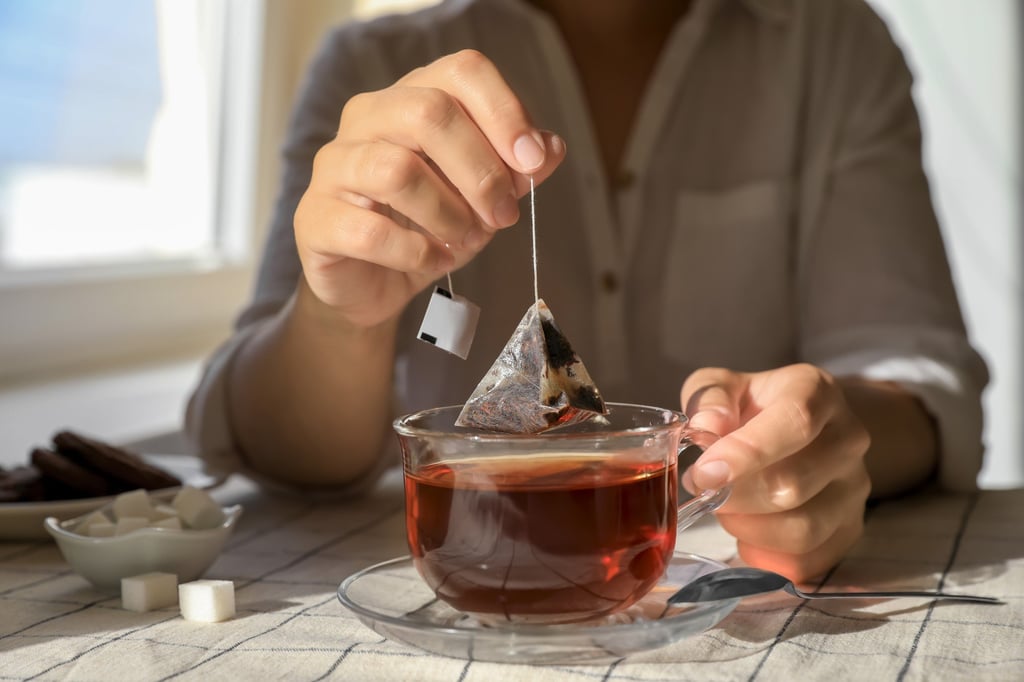Microplastics in tea bags work their way deep into the human body, study shows
Scientists are increasingly concerned about the potential health implications of microplastics and nanoplastics entering human organs

People who drink loose leaf tea might be on to something: scientists in Spain have found evidence of plastic pollution getting into human cells after being leached from tea bags.
Published in the journal Chemosphere, the research by a team from the Autonomous University of Barcelona, Sohag University in Egypt and the Helmholtz Centre for Environmental Research in Leipzig, Germany, found that polymer-based commercial tea bags can “release millions of nanoplastics and microplastics when infused”.
“The biological interaction experiments showed that mucus-producing intestinal cells had the highest uptake of micro- and nanoplastics, with the particles even entering the cell nucleus that houses the genetic material,” the researchers explained.

This points to the apparently key role played by intestinal mucus in carrying the plastics deeper into the human body.